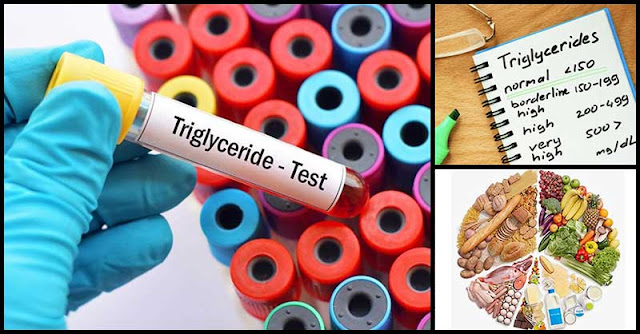Triglyceride is a type of fat in our blood that provides us with energy. However, too much of it can increase our risk of heart disease and stroke. So, if we recently find that our triglycerides are too high, we need to have lots of lifestyle changes to help bring its numbers back to where they need to be. Listed below are some of the tips that we can follow.
Lose Some Weight
Losing weight is one of the most effective ways of lowering our triglyceride levels. When we eat more than what we need, our body stores it in the form of triglyceride in the fat cells. According to research, we can help reduce the triglyceride level by 40 mg/dL by simply losing just 5- 10% of our total body weight.
Eat More Fiber
Fiber is present in fruits, vegetables, nuts, and legumes.
The study revealed that by adding more fiber-rich foods in our diet, we will be able to decrease the absorption of fat and sugar in our small intestine, thereby lowering the levels of triglycerides in our blood.
Moreover, in a separate study, results showed that a low-fiber diet caused triglycerides to jump 45% in just six days, but during the high-fiber phase, triglycerides dipped back below baseline levels.
Lower Carb Intake
Extra carbs are converted into triglycerides. Some research suggests that low-carb diets are tied to healthier triglyceride levels.
In a 2006 study, people who consumed about a quarter of their calories from carbs lowered their triglycerides more than those who got more than half their calories from carbs.
Limit Your Sugar Intake
Extra sugar in our diet is also turned into triglycerides which increases our risk of heart diseases.
Researchers found that consuming added sugar is associated with higher blood triglyceride levels in children.
In addition to this, a study also showed that individuals who consumed at least 25% of calories from sugar were twice as likely to die from heart disease as compared to those who consumed less than 10% of calories from sugar.
Added sugar comes in many forms, including white and brown sugar, fruit juice concentrate, corn sweetener or corn syrup, lactose, glucose, and fructose. Instead of sugar, sprinkle spices, such as cinnamon or ginger, on foods, to add flavor.
Have Omega-3 Fatty Acid
The omega-3 fatty acid is a polyunsaturated fatty acid that can decrease our risk of heart disease. Some of its good sources are salmon, sardines, tuna, and mackerel.
Drinks: Choose With Care
In most cases, the type of beverages we consume contributes to our overall carbohydrate and sugar intake.
Taking steps in avoiding alcohol and sugar-sweetened beverages like fruit drinks and soft drinks can significantly reduce our overall calorie intake.
Opt for low-calorie beverages, such as water or tea instead of beverages that contain high levels of added sugars.









